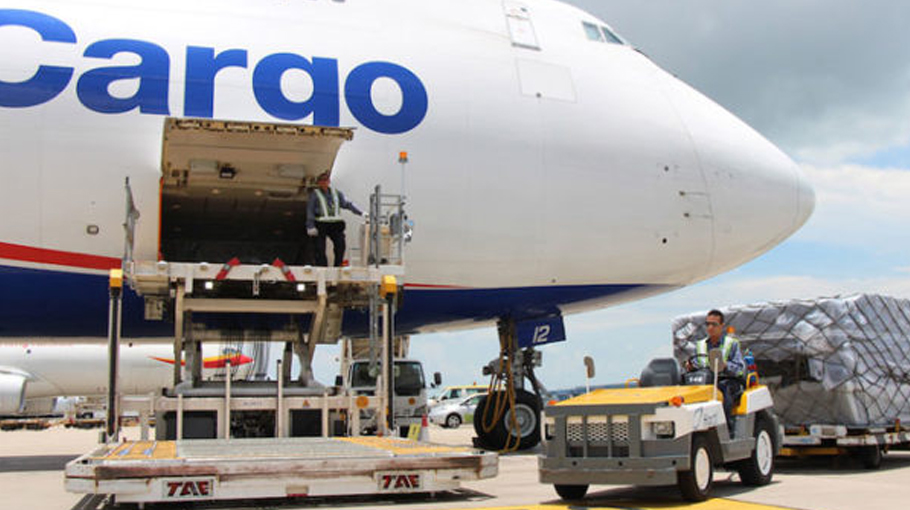Dollar crisis disrupts air cargo operations

Due to the ongoing dollar crisis in the country, many airlines fail to transfer funds to their parent companies. As a result, several airlines have significantly reduced their cargo flights from Hazrat Shahjalal International Airport (HSIA), which is taking toll on exporters.
According to the Bangladesh Freight Forwarders Association (BAFFA), Kuwait Airways, which used to operate seven to eight cargo flights per week, has cut down to just two. Similarly, Flydubai has halved its cargo operations, while Qatar Airways, Turkish Airlines, and Sevenair are now operating only one or two flights weekly.
Such a reduction in cargo flights has led to a steep decrease in goods transported through HSIA. The daily cargo volume, which once averaged 500 tonnes to 550 tonnes, has dropped to 390 tonnes to 400 tonnes, marking a decline of 20 percent to 25 percent.
Compounding the issue, disruptions in global shipping routes, particularly after attacks on cargo ships in the Red Sea, have extended transit times by three to four days.
Containers bound for Singapore are now facing delays, creating further setbacks to the country's export shipments.
Freight costs have also surged in recent months. Previously, it took only 48 hours to secure space on a flight, but now it can take up to seven days. Exporters said that nearly 2,000 tonnes of goods are currently awaiting shipment at warehouses and airports.
Despite increased demand, the availability of flights remains limited. To retain their customers, many exporters are reluctantly opting to ship goods by air at a loss, as air freight rates have doubled. This situation is particularly critical for the sectors like ready-made garments, handicrafts, leather goods, footwear, jute products, pharmaceuticals, and fresh produce.
A director of Bangladesh Garment Manufacturers and Exporters Association (BGMEA) told the Bangladesh Post, “Due to the volatile situation, our entire business operations have come to a halt, causing our shipments to remain stuck within the country. To retain our buyers, we are now resorting to air cargo to dispatch our shipments, despite the higher costs. However, we're also facing difficulties in securing space for air cargo.”
The ongoing challenges in the air cargo sector, coupled with rising costs, are posing significant threats to the country’s export industry, he added.
BAFFA data showed that at the beginning of this year, airfreight from Dhaka to European countries cost between $2.50 and $3 per kilogram (kg). However, these rates have now surged to as high as $6.00 per kg. For shipments to the United States and Canada, where the cost per kilogram was previously $4.50 to $5.00, it now stands at $7.50.




